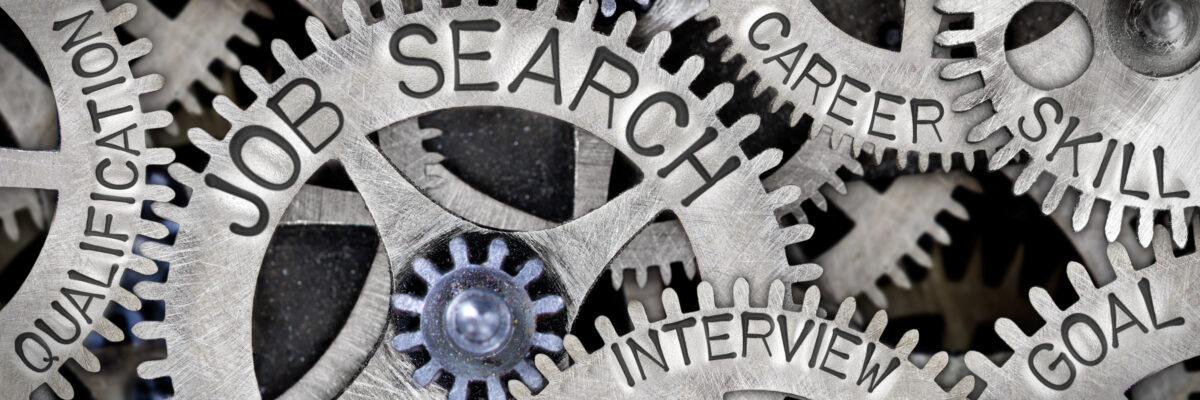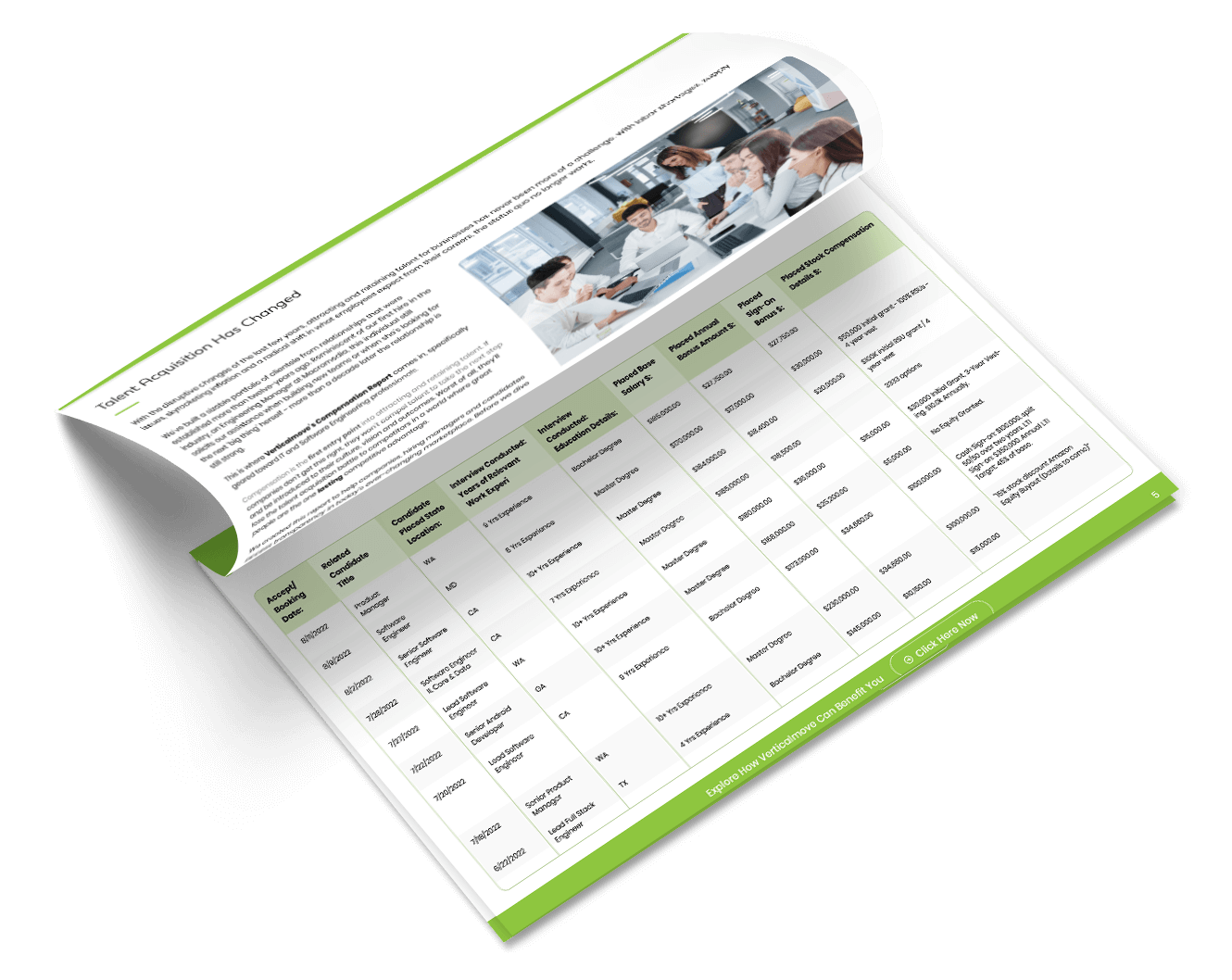Navigating the job market after a layoff: A step-by-step guide to preparing for your next career move.
Matthew Allen
on
December 9, 2022
Losing your job can be a difficult and stressful experience, but it is important to remain focused and take action to improve your situation. One of the key steps to take after being laid off is to prepare for job interviews.
First and foremost, it is important to update your resume and tailor it to the specific job opportunities you are applying for. Be sure to highlight your relevant skills and experiences, and be prepared to discuss how you can contribute to the company’s goals and objectives.
Next, research the company and the specific role you are applying for. This will help you understand the company’s culture and what they are looking for in a candidate. It will also give you a chance to prepare questions to ask the interviewer and show that you are interested in the company and the job.
It is also important to practice your interview skills. This can include rehearsing answers to common interview questions, practicing your body language and eye contact, and dressing professionally for the interview.
Another important aspect of interview preparation is to prepare for potential challenges. For example, if you have gaps in your employment history due to being laid off, be prepared to explain why and highlight any positive experiences or skills you gained during that time.
Overall, being laid off from your job can be a challenging experience, but it is also an opportunity to take control of your career and focus on finding a job that aligns with your goals and interests. By taking the time to prepare for job interviews, you can increase your chances of success and find a new job that is fulfilling and rewarding.
INTERVIEW ADVICE:
- Update your resume and tailor it to the specific job opportunity you are applying for.
- Research the company and the specific role you are applying for to understand their culture and what they are looking for in a candidate.
- Practice your interview skills, including rehearsing answers to common interview questions and practicing your body language and eye contact.
- Prepare for potential challenges, such as gaps in your employment history or weaknesses in your skillset.
- Dress professionally for the interview and arrive on time.
- Bring copies of your resume and any other relevant documents, such as references or certifications.
- Be prepared to ask thoughtful and engaging questions to show your interest in the company and the job.
- Be honest and authentic in your answers, and avoid oversharing or providing too much information.
- Follow up with the interviewer after the interview to thank them for their time and express your continued interest in the job.
RESUME WRITING TIPS:
- Start with a strong and concise objective or summary statement that highlights your relevant skills and experiences.
- Use a clear and easy-to-read format and structure, with headings and bullet points to organize your information.
- Include specific examples of your skills and achievements, using metrics and quantifiable data where possible.
- Tailor your resume to the specific job opportunity you are applying for, highlighting the skills and experiences that are most relevant to the position.
- Keep your resume concise and focused, avoiding unnecessary or irrelevant information.
- Use keywords and phrases from the job description to help your resume be found in applicant tracking systems.
- Proofread your resume carefully to ensure that it is free of spelling and grammar errors.
- Save your resume in a common file format, such as PDF or Word, and use a professional-sounding file name.
- Consider including a cover letter with your resume to provide additional context and information about your qualifications and interest in the job if applicable.
COMMON INTERVIEW QUESTIONS FOR SOFTWARE PROFESSIONALS:
- Tell me about your background and experience as a software engineer.
- Can you describe a specific project or problem you solved using your engineering skills?
- What are your top skills and strengths as a software engineer?
- How do you stay up-to-date with the latest technologies and trends in the software engineering field?
- Can you describe a time when you worked in a team to develop software, and what your role was in that process?
- How do you handle difficult situations or problems when working on a software engineering project?
- Can you describe a specific project or problem you encountered that required creative thinking or problem-solving skills?
- How do you approach testing and debugging software to ensure that it is reliable and effective?
- Can you provide examples of how you have used your communication skills to collaborate with other team members or stakeholders on a software engineering project?
- What do you enjoy most about working as a software engineer, and what motivates you to continue learning and growing in your field?
INTERVIEW PREPARATION RESOURCES:
There are many resources available for software engineers to prepare for technical interviews. Some of the most common include books, online courses, practice problems, and interviews.
Books:
- “Cracking the Coding Interview” by Gayle Laakmann McDowell
- “Elements of Programming Interviews” by Adnan Aziz, Tsung-Hsien Lee, and Amit Prakash
- “Programming Interviews Exposed” by John Mongan, Noah Kindler, and Eric Giguere
Online courses:
- “Cracking the Coding Interview” by Gayle Laakmann McDowell on Pluralsight
- “Algorithms and Data Structures” by Michael T. Goodrich and Roberto Tamassia on Coursera
- “Programming Interviews” by Alex Miller on LinkedIn Learning
Practice problems and interviews:
- InterviewBit
- LeetCode
- HackerRank
- Pramp (for practice interviews)
In addition to these resources, it can also be helpful to talk to friends, colleagues, or mentors who have experience with technical interviews and can provide guidance and advice.











